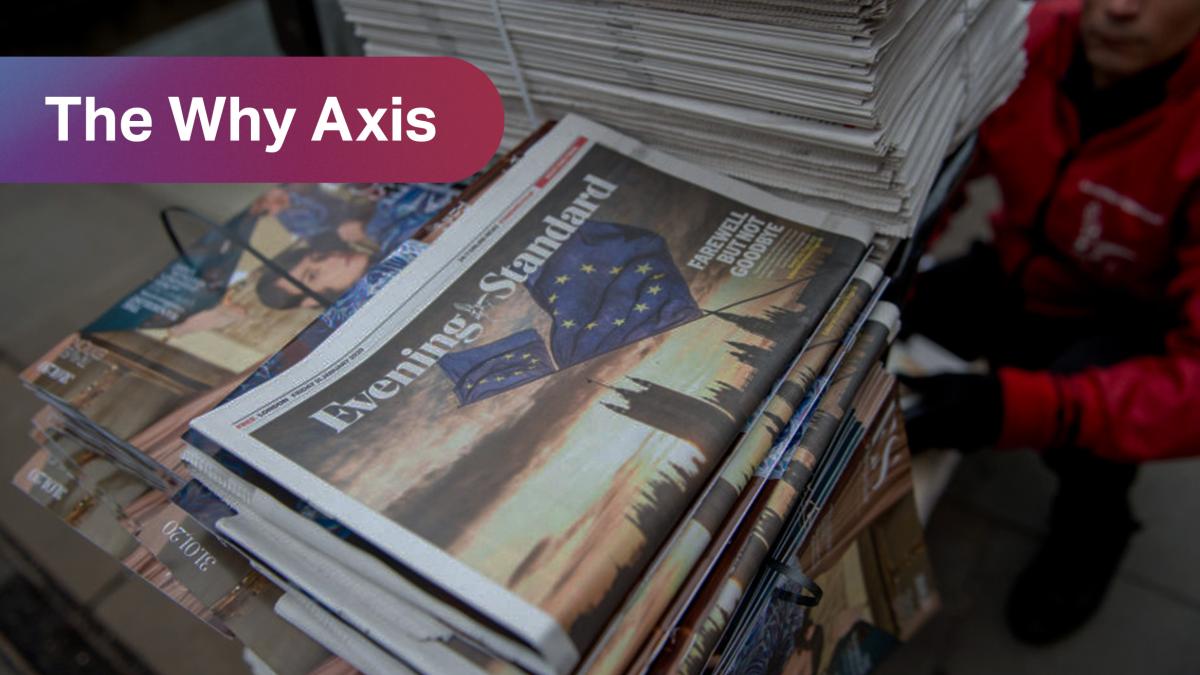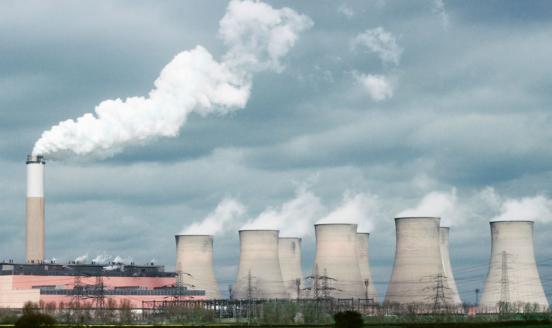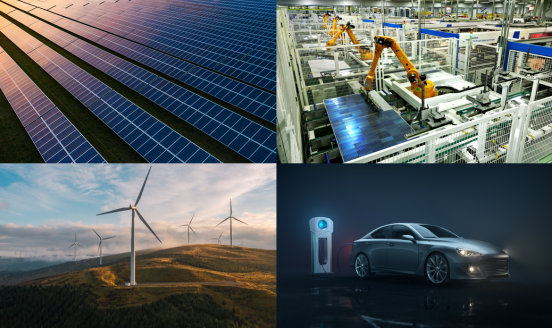Russian LNG: what measures will help the EU kick the habit?


2022 will enter energy annals as the year of the great decoupling between the European Union and Russia. When it comes to gas, Russian pipeline exports contributed around 40% to the EU’s total gas supply prior to the invasion of Ukraine and today account for less than 10%. However, as pipeline gas flows decreased during 2022, Russian LNG exports to Europe, albeit much more limited in volume, kept going.
In the 12 months following Russia’s invasion of Ukraine, the EU imported €12 billion worth of Russian LNG. Estimates suggest that unless there is a decisive change of direction from the current situation, the EU will send up to another €9 billion to Russia in the second year.
The EU has already implemented an embargo on the import of Russian oil, which accounted for €83 billion of export revenue to Russia in the first year after the invasion. There are now growing calls to end the import of Russian LNG.
In a forthcoming Bruegel policy brief, we will illustrate that this is a viable option. As LNG cargoes are traded by sea, they are considered somewhat fungible. If Russian LNG stops flowing into the EU, Russia will look to sell its supplies elsewhere at the same time that EU buyers will look for an alternative provider.
The EU can live without Russian LNG. But sensible preparations must be made. First, maintaining demand reduction at 15% below 5-year average is essential. Policymakers should shift as much of this demand reduction toward structural measures such as increasing energy efficiency, solar PV deployment and heat pump supply. They must also work towards reducing high prices in industry and households.
Second, special consideration should be afforded to the Iberian Peninsula, as this region will be the most affected by a phase-out. The EU Energy Platform can play an important role in securing alternative LNG cargoes, with particular consideration for the Iberian Peninsula.
The Why Axis is a weekly newsletter distributed by Bruegel, bringing you the latest research on European economic policy.



